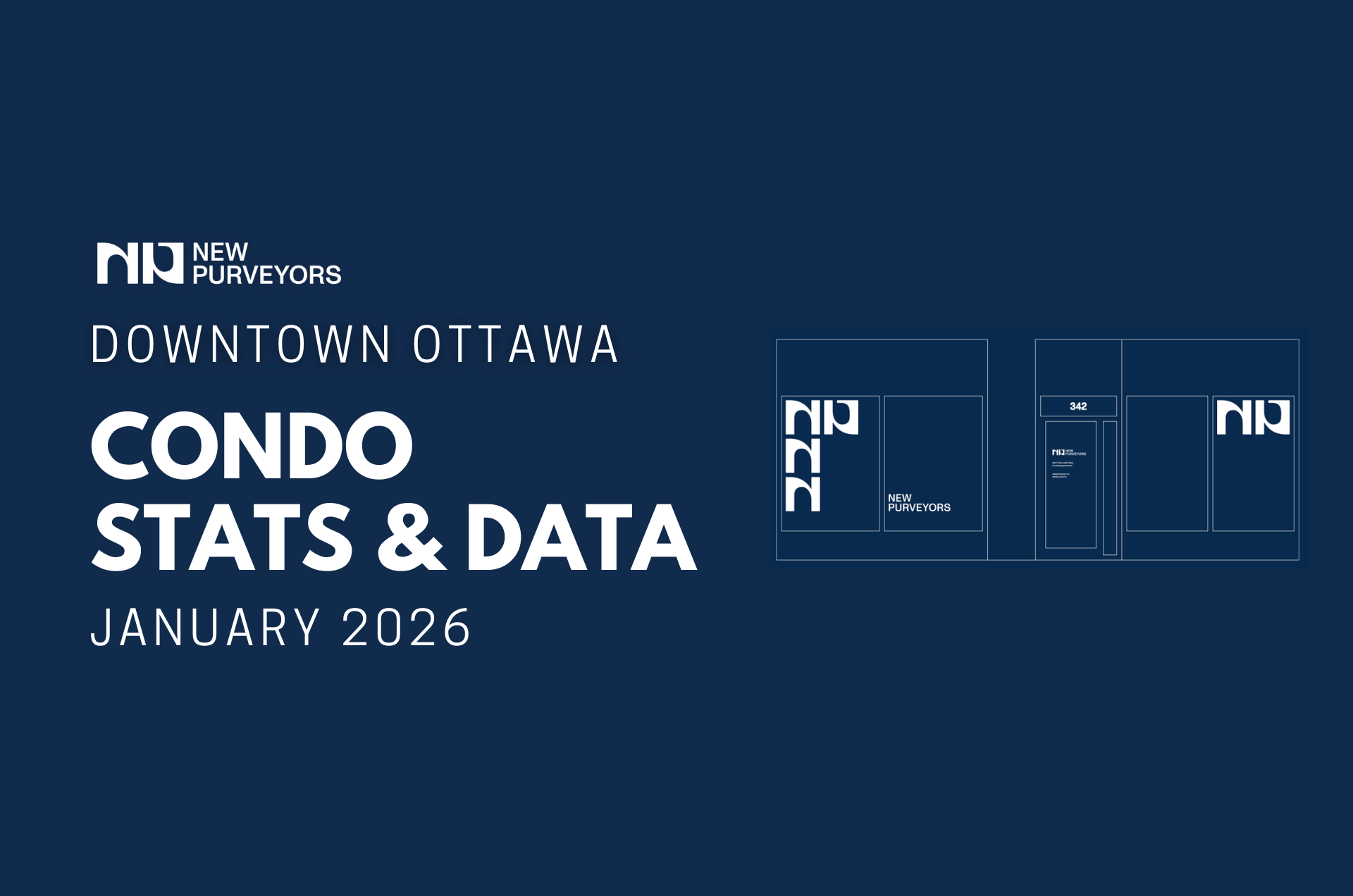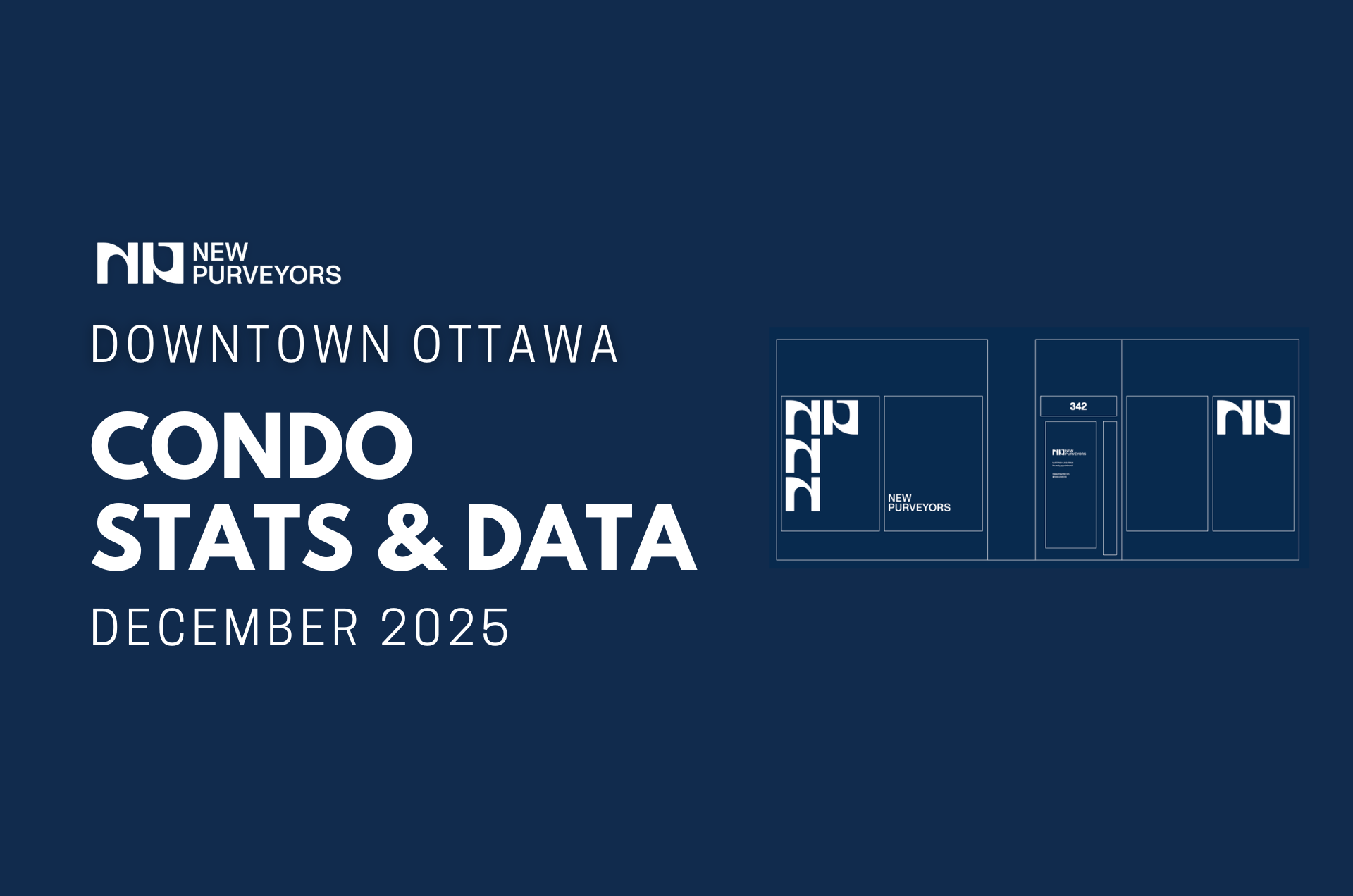Condo boards make a lot of decisions — from approving renovations and enforcing pet policies to deciding how repairs are handled. Most of the time, these rules keep the building running smoothly. But sometimes, a board oversteps or makes a decision that feels unfair or unreasonable.
If that happens, what can you do about it? Can an Ottawa condo owner actually appeal or challenge a condo board’s decision?
The short answer is yes — but there’s a process, and success depends on knowing your rights, understanding the structure of your condo corporation, and presenting your case strategically.
Here’s how to do it the right way.
1. Understanding the Power of a Condo Board
In Ontario, condo boards operate under the Condominium Act, 1998, which gives them authority to manage the corporation’s affairs — including enforcing bylaws and rules, maintaining common areas, and protecting the property’s value.
Boards can make decisions about things like:
Renovations and alterations to units
Use of amenities or common areas
Parking and storage assignments
Pets and noise restrictions
Fee increases, repairs, or special assessments
Most of these powers are legitimate — but they’re not unlimited. A board’s decision must be reasonable, consistent with the condo’s governing documents, and made in good faith. If it isn’t, owners have the right to challenge it.
2. When You Can (and Can’t) Appeal
You can’t appeal every condo board decision just because you disagree with it. The key question is whether the decision violates the Act, your condo’s declaration, or your rights as an owner.
Here are examples of decisions that may be open to appeal:
Reasonable grounds for appeal:
The board changed a rule (for example, banning pets or rentals) without proper notice or owner consultation.
The board is enforcing a rule unevenly — allowing some owners to break it while penalizing others.
A renovation or repair request was denied without valid reason.
The board failed to maintain a common element it’s responsible for.
A rule appears discriminatory or in violation of human rights protections (for example, against a service animal).
Not valid for appeal:
You simply dislike the decision.
You weren’t consulted but the board followed proper procedure.
The decision is inconvenient but within the board’s powers.
In short, to have grounds for appeal, the board must have acted outside its authority, unfairly, or contrary to the law.
3. Step One: Start with Written Communication
The first step in any appeal or dispute is simple but important: put everything in writing.
Email the property manager or board to explain the issue clearly and professionally. State:
What the decision was
Why you believe it was unfair or inconsistent
What you’re asking for (for example, reconsideration or clarification)
Avoid emotional language — keep it factual and polite. Condo boards respond best to owners who appear informed and organized, not confrontational.
If you have supporting evidence (photos, correspondence, copies of rules, or examples of inconsistent enforcement), include it. The goal is to create a written record that documents your concern.
4. Step Two: Request a Review or Reconsideration
If the board doesn’t respond or you’re unsatisfied with the outcome, you can formally request a review.
In many Ottawa condo corporations, this can be done by:
Writing to the board to request your concern be added to the next meeting agenda.
Attending the next owners’ meeting or AGM to raise the issue publicly.
Circulating a petition among owners if the issue affects multiple units.
Boards are obligated to consider owner feedback, especially when a petition represents a significant percentage of unit owners.
If your condo’s rules were recently changed (for example, new restrictions on pets, smoking, or rentals), owners have 30 days from the date of notice to requisition a meeting to discuss or vote on the rule change.
5. Step Three: Know the Role of the Condominium Authority of Ontario (CAO)
If communication fails, you can escalate the issue through the Condominium Authority of Ontario (CAO) — a provincial body that oversees condo governance and disputes.
The CAO’s online tribunal, called the Condominium Authority Tribunal (CAT), handles specific issues, including:
Enforcement of rules and bylaws
Records requests and access to information
Nuisance issues (noise, smoke, odour, etc.)
Pets and vehicles
Short-term rental disputes
You can file a case online at condoauthorityontario.ca, starting with a mediation phase. If no resolution is reached, it proceeds to a formal decision by the tribunal.
For more complex disputes — like negligence, repairs, or financial mismanagement — you may need to involve a lawyer or mediator rather than the CAT.
6. Step Four: Work with a Mediator or Lawyer
For disputes involving large sums of money, repairs, or governance issues, hiring a condo lawyer or mediator can make all the difference.
A legal expert can:
Interpret your condo declaration and bylaws
Advise whether the board acted beyond its powers
Help you negotiate or file a legal application under Section 134 of the Condominium Act
Represent you in mediation or court if necessary
In Ottawa, several law firms specialize in condo law, including Lash Condo Law, Davidson Houle Allen LLP, and Elia Associates — all of which handle cases involving unreasonable board conduct or governance disputes.
7. What Happens After You File an Appeal
Once your case is formally filed (either through the CAO or a lawyer), the process typically unfolds in stages:
Mediation: Both sides attempt to reach a voluntary resolution.
Tribunal or court review: If unresolved, the issue moves to formal adjudication.
Decision: The tribunal or judge issues a ruling, which can include compliance orders, cost recovery, or damages.
Most disputes end before reaching court — boards often prefer to settle to avoid legal costs and reputational harm.
8. How to Strengthen Your Case
If you’re planning to appeal a condo board decision, preparation matters. Here’s how to boost your chances of success:
Stay factual and professional. Emotional outbursts weaken credibility.
Keep detailed records. Save every email, notice, and document related to the issue.
Find allies. If the issue affects multiple owners, collective action has more weight.
Demonstrate consistency. If the board applies rules unevenly, document examples.
Understand your declaration. The clearer your grasp of the rules, the harder it is for the board to dismiss your claim.
Boards have to act reasonably and within their authority — showing that they didn’t is the heart of any appeal.
9. Real Ottawa Scenarios
Example 1:
An Ottawa condo board banned all short-term rentals, but failed to provide proper notice or owner input. Several owners requisitioned a meeting within the 30-day window and successfully voted to overturn the new rule.
Example 2:
A resident’s request to install an air-conditioning unit on their balcony was denied, even though similar units were already approved for other owners. After documenting the inconsistency and escalating the issue, the owner secured board approval on appeal.
Example 3:
A condo corporation attempted to charge a resident for a roof leak above their unit. The owner reviewed the declaration and found that the roof was classified as a common element. With legal support, the charge was withdrawn.
These examples highlight a key lesson: the more informed you are, the better your odds of resolving disputes fairly.
10. The Bottom Line
Condo boards play a vital role in maintaining order, but they’re not infallible. If your Ottawa condo board makes a decision that feels unjust, you have the right — and the tools — to challenge it.
Start with communication, escalate through the proper channels, and always back your case with facts and documentation. Most disputes can be resolved long before they turn into legal battles.
The goal isn’t to “beat” the board — it’s to ensure your community operates fairly, transparently, and within the law.



































